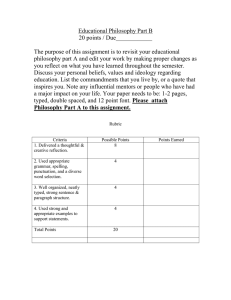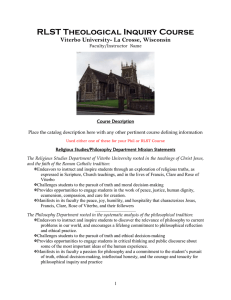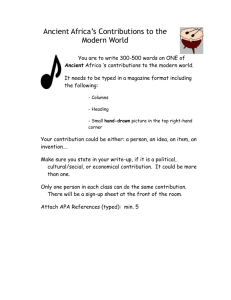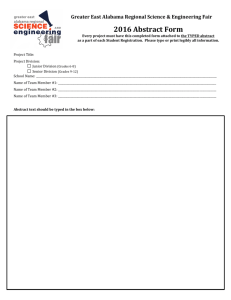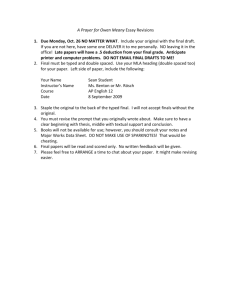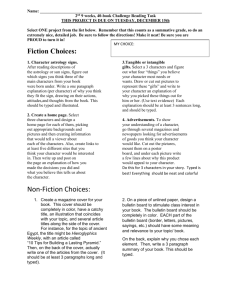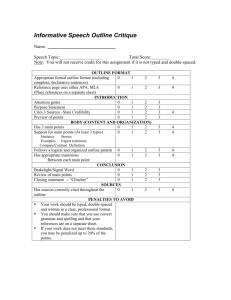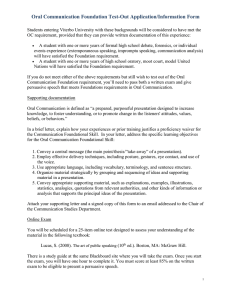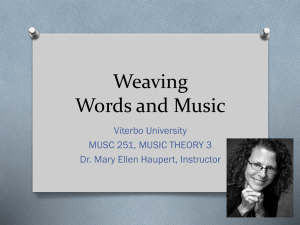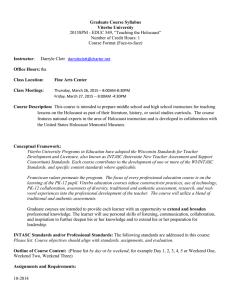Professional Reflection/Development Plan
advertisement
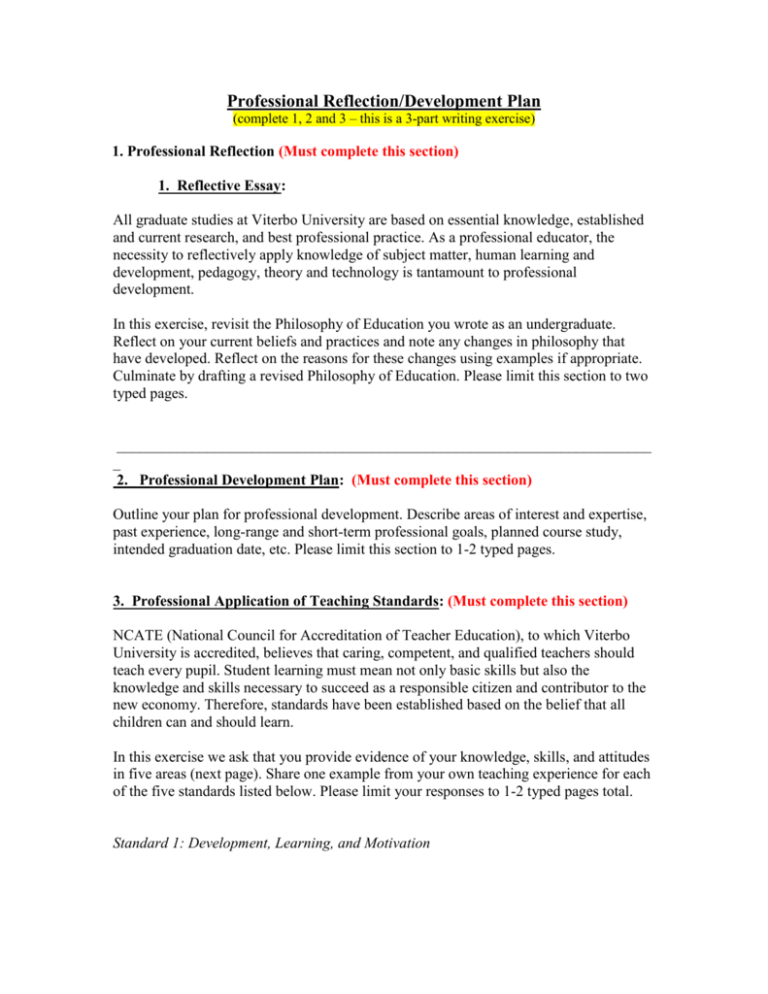
Professional Reflection/Development Plan (complete 1, 2 and 3 – this is a 3-part writing exercise) 1. Professional Reflection (Must complete this section) 1. Reflective Essay: All graduate studies at Viterbo University are based on essential knowledge, established and current research, and best professional practice. As a professional educator, the necessity to reflectively apply knowledge of subject matter, human learning and development, pedagogy, theory and technology is tantamount to professional development. In this exercise, revisit the Philosophy of Education you wrote as an undergraduate. Reflect on your current beliefs and practices and note any changes in philosophy that have developed. Reflect on the reasons for these changes using examples if appropriate. Culminate by drafting a revised Philosophy of Education. Please limit this section to two typed pages. _______________________________________________________________________ _ 2. Professional Development Plan: (Must complete this section) Outline your plan for professional development. Describe areas of interest and expertise, past experience, long-range and short-term professional goals, planned course study, intended graduation date, etc. Please limit this section to 1-2 typed pages. 3. Professional Application of Teaching Standards: (Must complete this section) NCATE (National Council for Accreditation of Teacher Education), to which Viterbo University is accredited, believes that caring, competent, and qualified teachers should teach every pupil. Student learning must mean not only basic skills but also the knowledge and skills necessary to succeed as a responsible citizen and contributor to the new economy. Therefore, standards have been established based on the belief that all children can and should learn. In this exercise we ask that you provide evidence of your knowledge, skills, and attitudes in five areas (next page). Share one example from your own teaching experience for each of the five standards listed below. Please limit your responses to 1-2 typed pages total. Standard 1: Development, Learning, and Motivation Teachers know, understand, and see the major concepts, principles, theories, and research related to development of children and young adolescents to construct learning opportunities that support individual students’ development, acquisition of knowledge, and motivation. Standard 2: Curriculum Teachers know, understand, and use central concepts, tools of inquiry, and structures of content and can create meaningful learning experiences that develop student’s competence in subject matter and skills for various developmental levels consistent with state goals and content standards. Standard 3: Instruction Teachers plan and implement instruction based on knowledge of students and their diverse needs, understanding and use of a variety of teaching strategies and tools, knowledge and understanding of individual and group motivation, and use of effective communication to foster active inquiry, collaboration, and supportive interaction in the classroom. Standard 4: Assessment Teachers know, understand, and use formal and informal assessment strategies to plan, evaluate, and strengthen instruction that will promote continuous intellectual, social, emotional, and physical development of each student. Standard 5: Professionalism Teachers understand and apply practices and behaviors that are characteristic of career teachers. Teachers are aware of and reflect on their practice in light of research on teaching and resources available for professional learning; they continually evaluate the effects of their professional decisions and actions on students, parents, and other professionals in the learning community and actively seek out opportunities to grow professionally. Teachers continually work at establishing, maintaining, and fostering a positive relationship with parents, families, and colleagues.
